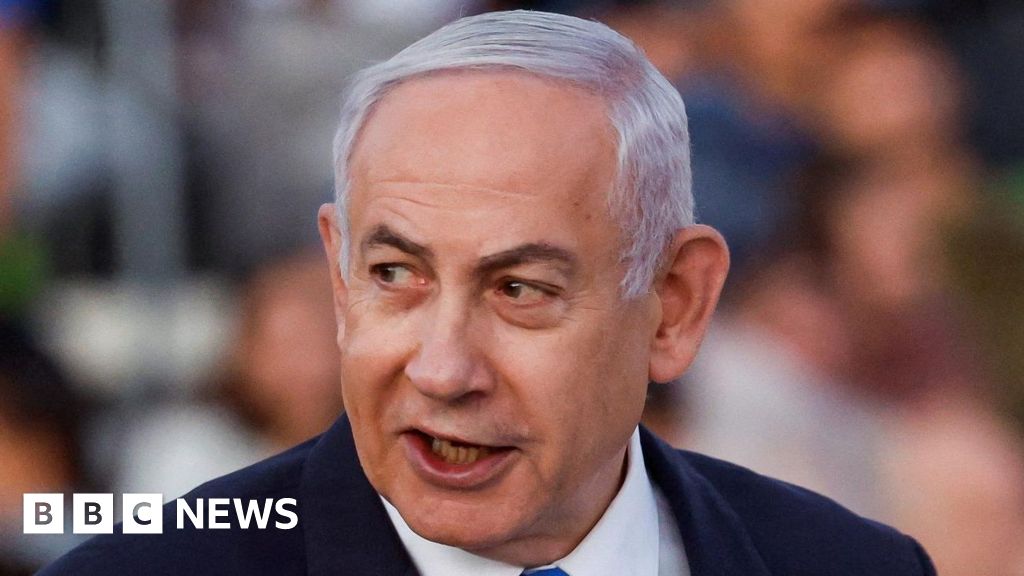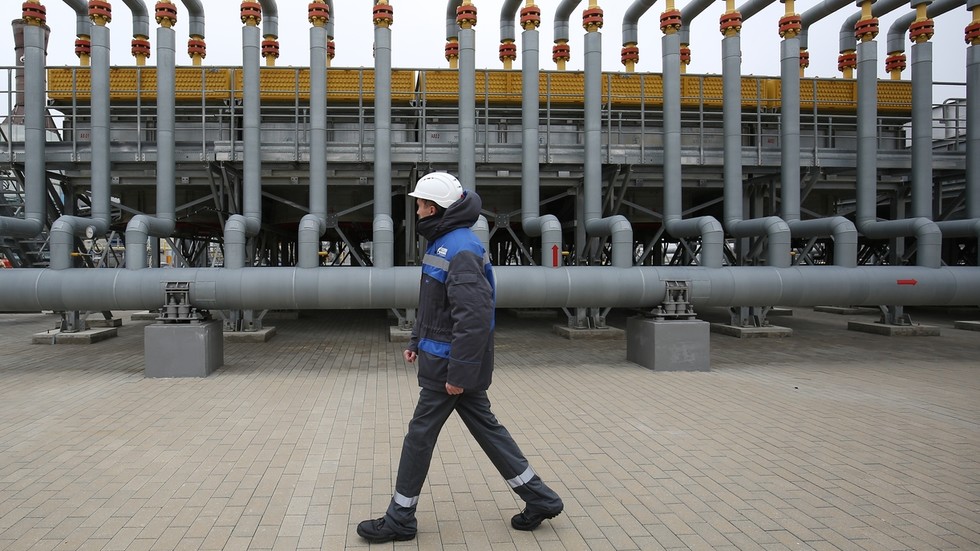Kidnapping in Nigeria has evolved into a security threat that feeds a vast network of criminal and Islamist groups.
In the latest incident on Friday night, 10 people were reportedly killed, while more than 160 villagers were kidnapped in Kuchi village, located in Nigeria's central Niger state.
A group of armed men, suspected to be from the Boko Haram Islamist group, rode into Kuchi on motorbikes on Friday evening, according to the BBC, which cited local official Aminu Abdulhamid Najume.
 The army investigates yet another mass kidnapping of schoolchildren in Nigeria, this time in Chikun in central Kaduna stateImage: AP/dpa/picture alliance
The army investigates yet another mass kidnapping of schoolchildren in Nigeria, this time in Chikun in central Kaduna stateImage: AP/dpa/picture allianceNigerian authorities have 'failed'
Amnesty International noted that it was deeply concerned by the abductions, adding the recent invasion is another indication of the "Nigerian authorities' utter failure to protect lives."
"The Nigerian authorities have left the rural communities of Niger state at the mercy of gunmen who kill and abduct people daily," the group wrote on X, formerly known as Twitter.
Meanwhile, Peter Obi, the 2023 Labour Party presidential candidate, said the constant attacks on the villagers, mostly farmers, have continued to negatively impact Nigeria's food production.
"We must not allow insecurity to interfere with agricultural activities in the nation and drive more people into poverty and hunger," he said.
From July 2022 to July 2023, at least 3,620 people were abducted in Nigeria. That's according to an analysis of Nigeria's kidnapping industry published by SBM Intelligence, an Africa-focused consulting company.
Mass abductions are also common, with an average of six people taken for every kidnapping incident.
Who is behind the kidnappings?
Various groups are involved in the kidnapping business in Nigeria.
Firstly, there are the violent criminals and armed gangs, known as bandits, who have emerged across northern Nigeria. These groups have evolved in the past two decades from roving brigands often involved in cattle rustling and local raids to organized gangs of criminals involved in drug and arms smuggling. These groups are now engaging in mass kidnappings of local villagers and schoolchildren for ransom.
The northern region, and in particular the northeast, is also plagued by Islamic militants, such as the so-called Islamic State West Africa Province (ISWAP) and Boko Haram. The latter is infamous for the kidnapping of 276 schoolgirls in Chibok in 2014. Boko Haram, in particular, targets girls and young women, who are often living in boarding schools or university hostels.
Several armed groups are also active in the oil-rich Niger Delta, one of the most polluted places on earth.
These often have their roots in the militant groups that formed in the 1990s to pressure the government to address oil pollution and endemic poverty as a result of ruined farmlands.
While the abduction of foreign oil workers often makes headlines, government officials, the children of prominent individuals, and other high-net-worth individuals quickly became targets.
Nigeria communities sue Shell over oil pollution
What do the kidnappers want?
Many of the abductions are driven by economic desperation and used as a way of raising funds. Kidnappers mostly ask for money as ransom, although at times, they have demanded foodstuffs, motorcycles and even petrol in exchange for the release of those abducted.
Motorcycles are "an easy, less-demanding economic tool for many unemployed northern youths and relatively easy to use for terror attacks," finds the SBM Intelligence report.
Sometimes, however, the kidnappings have a political motivation. Many see the abductions carried out by Boko Haram as a way of signaling its strength to both the government and the Nigerian population.
Others say that the targeting of young women in schools and colleges by Boko Haram, whose name literally means "Western education is a sin," is a way of frightening them off continuing their education.
Nigeria's female students targeted in kidnapping spree
Who is kidnapped?
Kidnappers tend to target several distinct groups. Firstly, there are the vulnerable, such as women out collecting firewood, school children, or unprotected villagers living in remote regions far from police or security forces. These are often mass abductions.
Then there are high-value individuals such as current or former government officials, family members of high-profile people such as politicians, and wealthy individuals.
Catholic priests have also emerged as a high-risk group, with priests even being snatched during services. The abduction of 21 priests from July 2022 to June 2023 illustrates how Catholic priests are perceived as a lucrative source of income, presumably because of the Church's resources.
Edited by: Chrispin Mwakideu
This article was originally published on March 8, 2024. It was updated on May 27, 2024 to reflect the latest kidnapping incident.
While you're here: Every weekday, we host AfricaLink, a podcast packed with news, politics, culture and more. You can listen to AfricaLink wherever you get your podcasts.

 5 months ago
24
5 months ago
24









